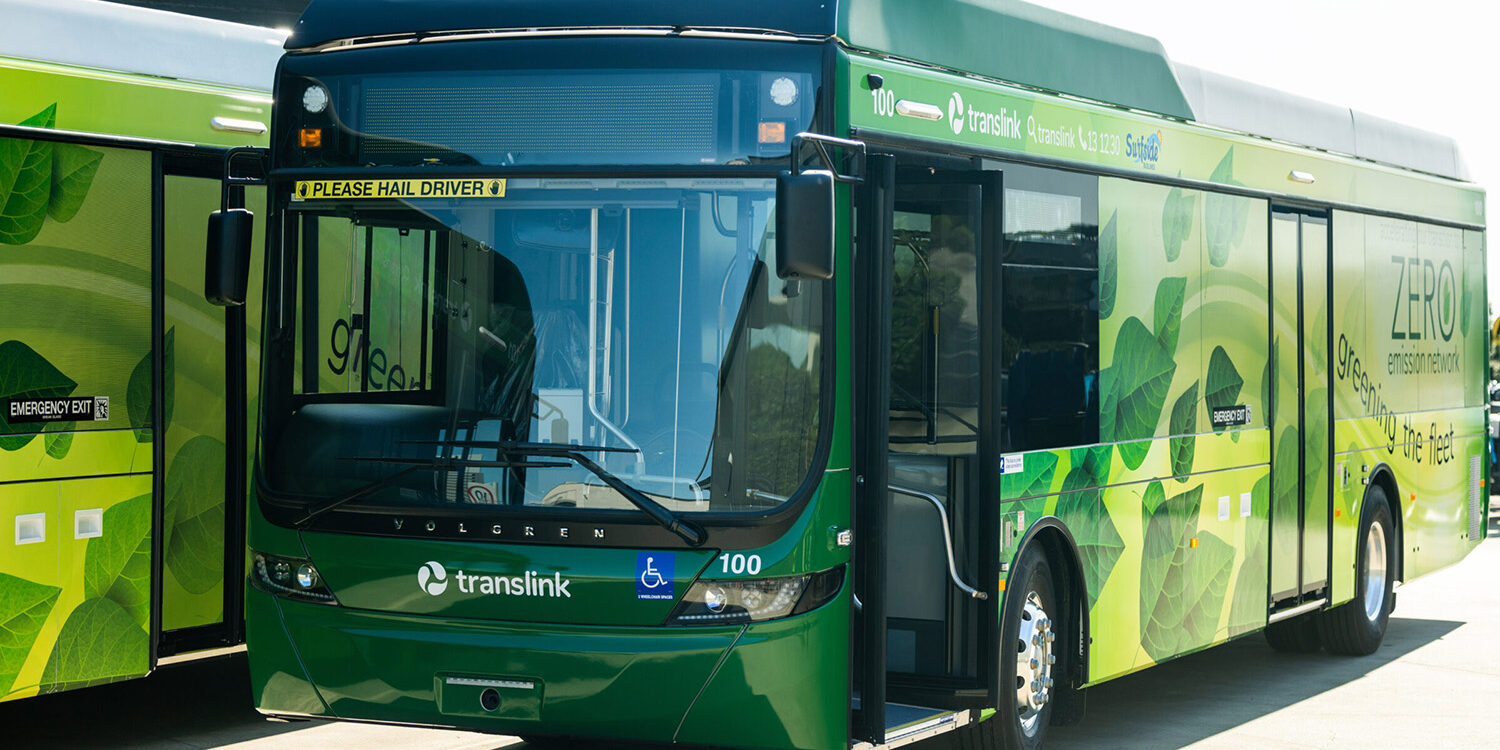Volgren manufactures buses in facilities across Dandenong (Vic), Eagle Farm (QLD) and Malaga (WA).
They’ve built more than 10,000 buses since the 1940s, and have successfully established their transition plan to achieve net-zero emissions manufacturing. Volgren has recently finalised their Optimus design, which is their first ever hydrogen fuel cell bus – making it totally renewable and capable of long-distance travel.
Local benefits:
Volgren was established in Dandenong, and in the 1940’s, the suburb was more of an outpost than a town. As the local manufacturing workforce and community started to develop rapidly in the 1950’s, Volgren grew, with their buses supplying the region with much needed public and school transportation. Their commitment to supporting local jobs continues many decades later.
Volgren purchases parts from more than 100 Australian businesses and employs nearly 400 people. More than 90% of the bus is manufactured in Australia. Volgren’s approach to business helps Australian suppliers thrive, so that they can continue supporting local jobs and industry into the future.
Consumer benefits:
These buses are highly efficient and can go over 250 kms on a single charge. The Optimus e-bus is one of the lightest of its kind, making it a comfortable and efficient drive. Running all-electric means that the cost of operating the vehicle is unmatched.
Climate benefits:
They’ve reduced the emissions footprint of public transport, which will accelerate even further as e-buses become the vehicle of choice. Volgren acquired the skills and knowledge to develop the e-bus by first developing hybrid


